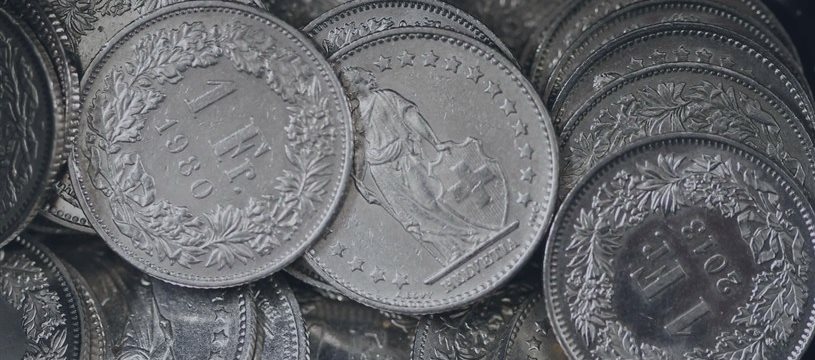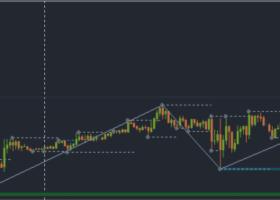Swiss consumer prices dropped the most in almost three years in March as the strong local currency lowered the cost of imports.
Compared with 2014, prices dropped 0.9 percent - their sharpest fall since June 2012. According to Switzerland’s Federal Statistics Office in Neuchatel, they rose 0.3 percent compared with the previous month.
The Swiss National Bank gave up its
cap of 1.20 per euro in January, lowering the cost of imports from the euro zone - Switzerland’s biggest trading partner and boosting the franc.
In March, the central bank unveiled estimates indicating the economy faces the biggest price plunge in six decades this year.
“It’s clear, after the franc shock, inflation will be in negative turf for some time,” said Ursina Kubli, foreign-exchange analyst at Bank J Safra Sarasin Ltd. in Zurich.
The data showed that while prices of domestic goods rose 0.3 percent in March from a year earlier, those of imported goods declined 4.3 percent.
However, SNB President Thomas Jordan has indicated he’s not about to ease policy further, even with the negative inflation. The SNB already has a deposit rate of minus 0.75 percent.
“We have now to see what is the impact and for the time being this is
the right level,” of rates, Jordan said to Bloomberg last month.
“In the very short term, we have to accept that inflation is now below zero, negative, but that will change.”



